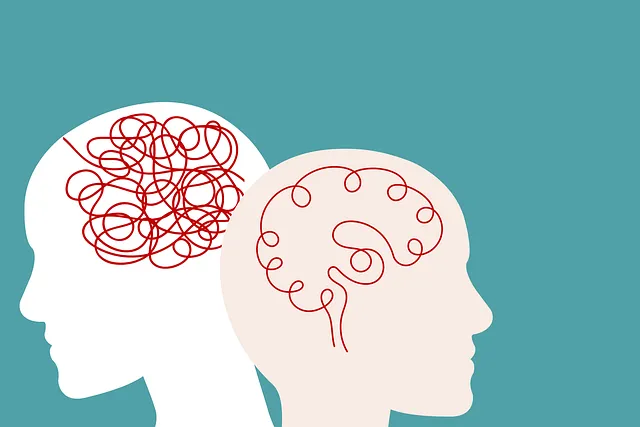Mindfulness meditation at the Kaiser Permanente mental health facility in Greenwood Village is a powerful, ancient practice for self-care and stress management. By observing thoughts and sensations without judgment, it improves emotional regulation, enhances well-being, reduces anxiety, and promotes personal growth. This technique, offered through mindfulness-based programs, fosters resilience, better sleep, focus, and improved relationships, making it an invaluable tool for mental health at the facility.
Discover the transformative power of mindfulness meditation at Kaiser Permanente Mental Health Facility in Greenwood Village. This comprehensive guide explores the foundational concepts, profound benefits, and practical techniques of this ancient practice for modern minds. Learn how mindfulness works its magic on mental health, then delve into setting up a personal sanctuary within the facility’s supportive environment. Uncover breath awareness exercises, body scan meditations, mindful movement, and tips for maintaining consistency to unlock your inner calm.
- Understanding Mindfulness Meditation
- – Definition and benefits of mindfulness meditation
- – How it works and its impact on mental health
Understanding Mindfulness Meditation

Mindfulness meditation is a practice that invites individuals to focus their attention on the present moment with curiosity and non-judgment. It’s more than just calming the mind; it’s about cultivating awareness and acceptance of one’s thoughts, feelings, and bodily sensations as they are, right here, right now. At the Kaiser Permanente mental health facility in Greenwood Village, we often emphasize the Mind Over Matter principles that underpin this practice. By integrating mindfulness into daily routines, individuals can improve their ability to manage stress, enhance emotional regulation, and cultivate a deeper sense of well-being.
This ancient technique has gained significant traction as a Self-Care Practice for modern-day challenges, including anxiety relief. It’s not about blocking out thoughts or achieving a state of silence; rather, it involves observing them without getting swept away by them. Through regular practice, one can develop a stronger connection with their inner self and cultivate a sense of resilience in navigating life’s ups and downs.
– Definition and benefits of mindfulness meditation

Mindfulness meditation is a practice that involves focusing one’s awareness on the present moment while calmly acknowledging and accepting feelings, thoughts, and bodily sensations. It’s about observing your mind and body without judgment, enabling a deeper understanding of yourself. This ancient technique has gained prominence in modern times, particularly through organizations like Kaiser Permanente mental health facility in Greenwood Village, which promotes it as a powerful tool for enhancing overall well-being.
Regular mindfulness meditation offers numerous benefits, including reduced stress levels, improved emotional regulation, enhanced focus and concentration, and better management of chronic pain. It encourages individuals to cultivate self-awareness, leading to increased personal growth and improved relationships through enhanced communication skills. Moreover, mental health education programs designed around mindfulness can equip people with valuable conflict resolution techniques and mental wellness journaling exercises to support their journey towards mental balance and resilience.
– How it works and its impact on mental health

Mindfulness meditation involves training your attention and awareness to focus on the present moment. By observing thoughts and sensations non-judgmentally, it cultivates a deeper understanding of one’s mind and emotions. This practice has gained significant traction at Kaiser Permanente mental health facility Greenwood Village, owing to its profound impact on mental well-being. Regular meditation can reduce symptoms of anxiety and depression by promoting emotional intelligence—the ability to recognize and manage your own emotions as well as understand those of others.
The Mind Over Matter Principles that mindfulness meditation espouses help individuals detach from negative thought patterns and react more calmly to stressful situations. This not only enhances overall mental health but also improves quality of life, leading to better sleep, increased focus, and heightened resilience against everyday stress. By focusing on the present, rather than dwelling on the past or worrying about the future, mindfulness meditation offers a practical tool for achieving inner peace and improved emotional regulation.
Mindfulness meditation, as supported by research at Kaiser Permanente mental health facility in Greenwood Village, offers a powerful tool for enhancing mental well-being. By cultivating present-moment awareness, individuals can reduce stress, improve focus, and foster emotional resilience. Incorporating regular mindfulness practice into daily routines may be the key to unlocking a calmer, more balanced mind. Whether you’re a beginner or looking to deepen your practice, the benefits of mindfulness meditation are accessible to all who dedicate time and effort to this ancient art.






